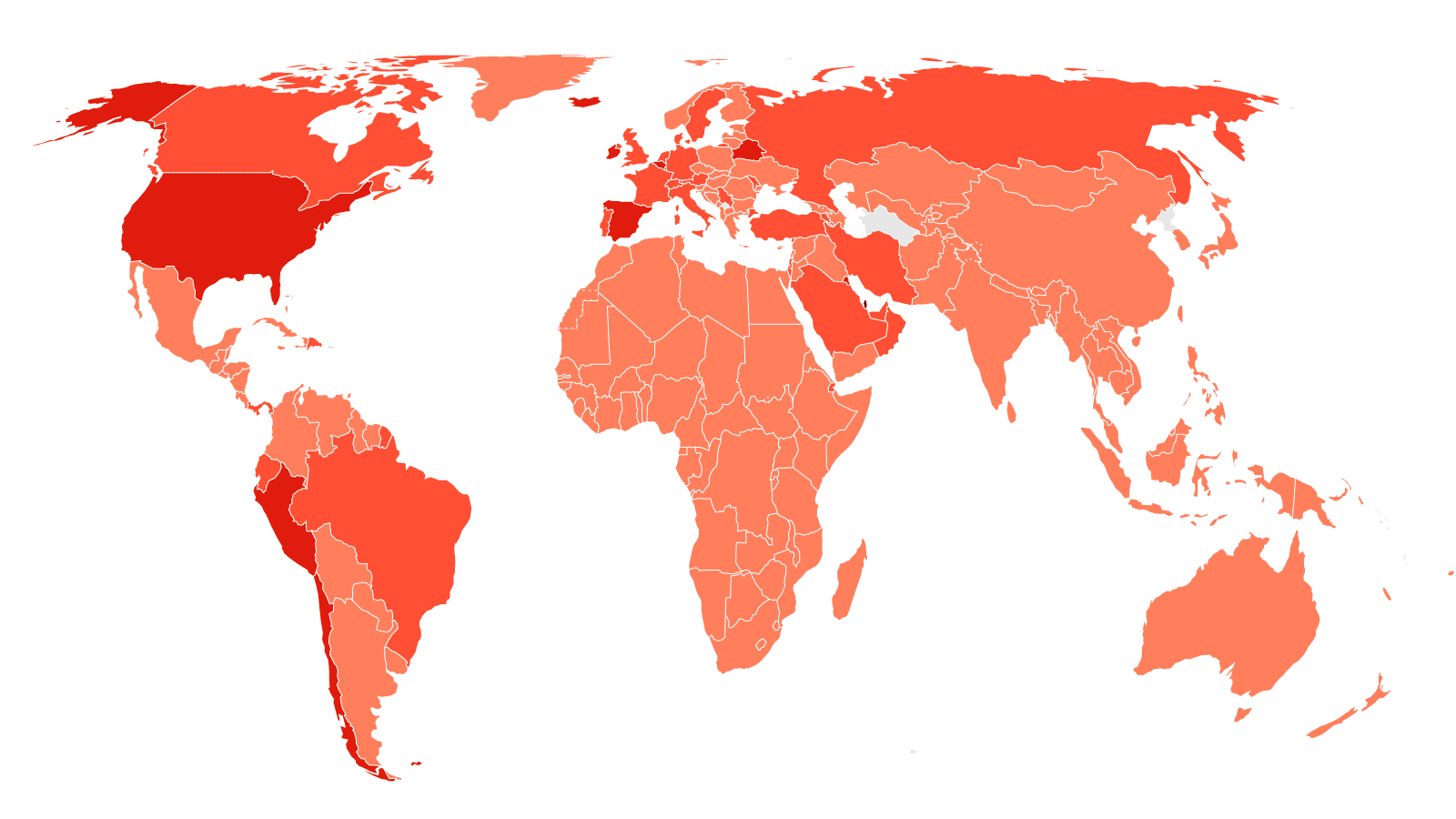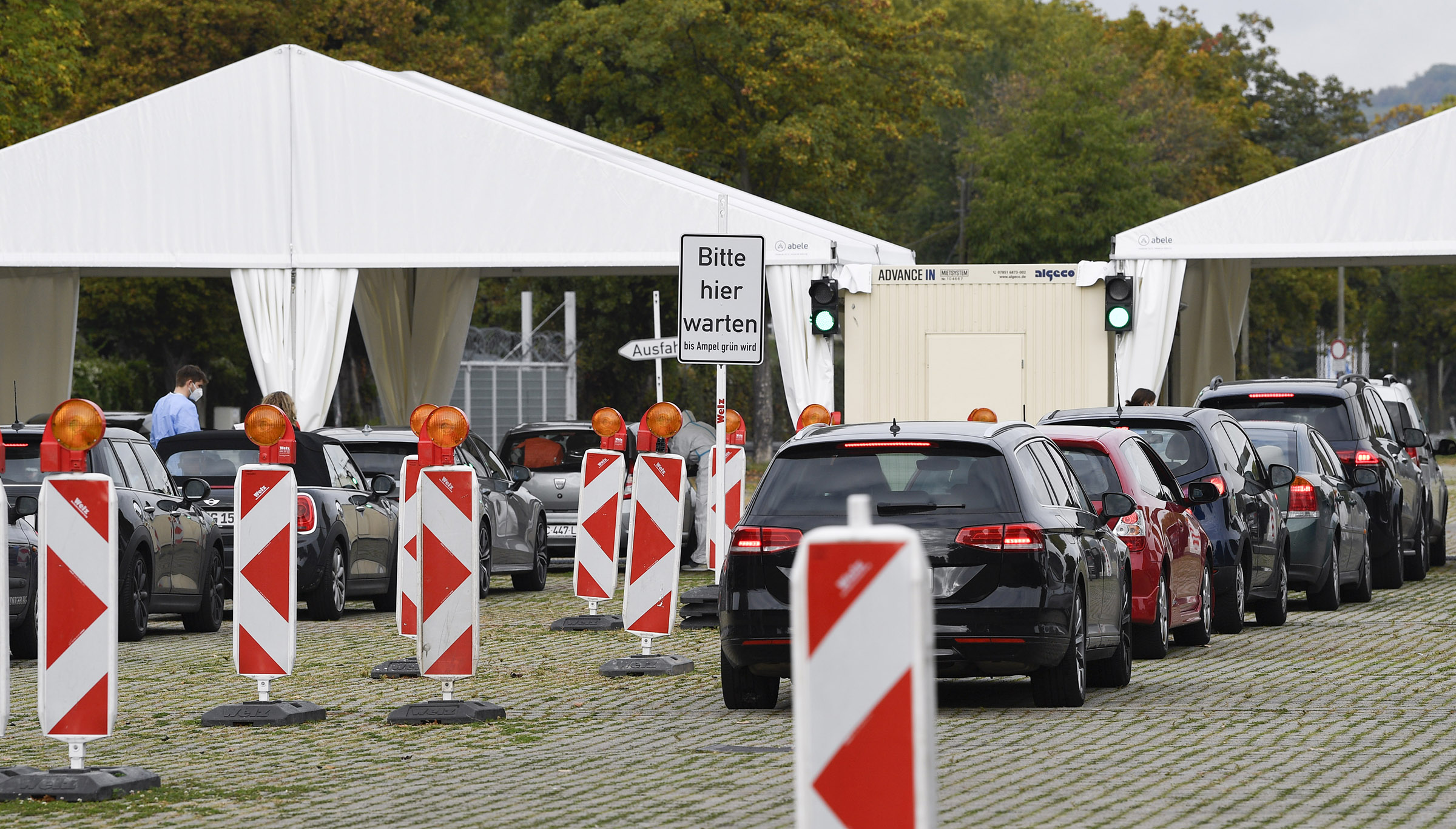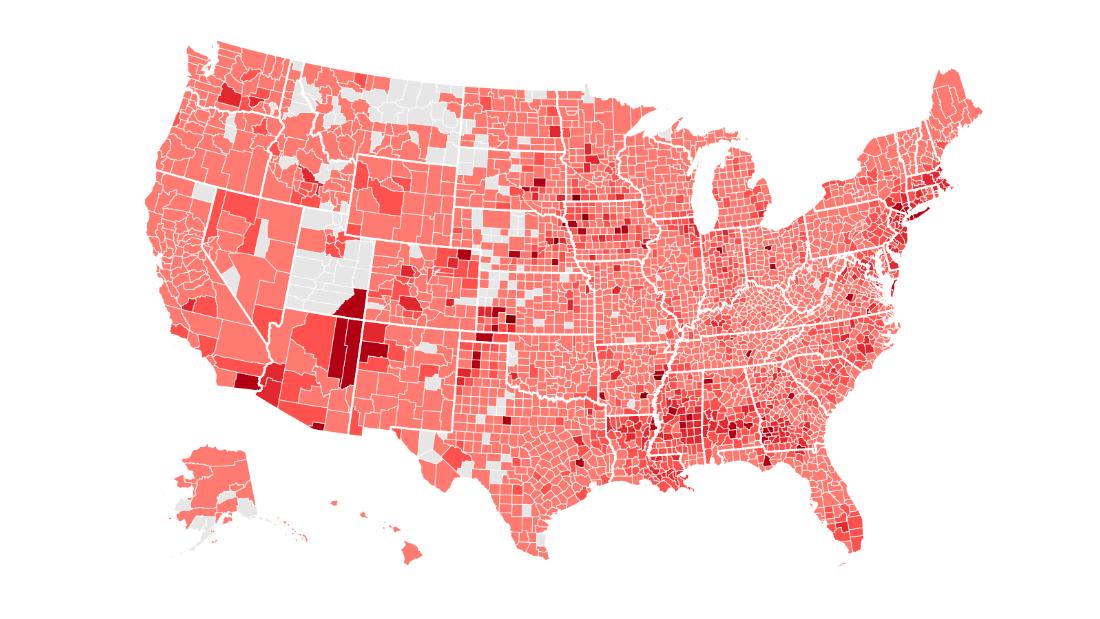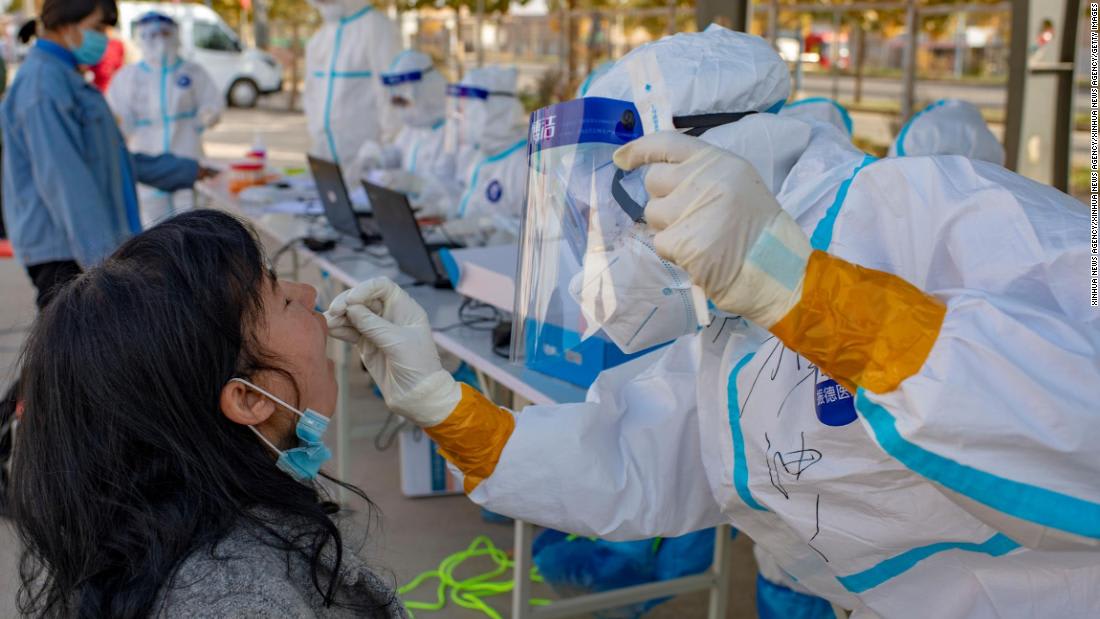Xinjiang, the heavily policed region of western China where the government has been accused of detaining more than a million Muslims, is facing a new coronavirus outbreak.
While the rest of the country is reporting only a handful of daily cases -- with most of those imported -- Xinjiang has this week recorded dozens of new infections. On Thursday, the region reported 14 new cases, taking its total active caseload to 197, according to China's National Health Commission.
It's the country's biggest coronavirus cluster since more than 180 infections were reported in the capital Beijing in June. And it has raised eyebrows, given the heavy surveillance and security prevalent in the region, and the drastic response the government enacted earlier this year.
During China's initial outbreak, Xinjiang was subjected to strict lockdown measures on par with those imposed in the city of Wuhan -- the original epicenter of the virus -- despite having reported only some 70 cases and three deaths. When the regional capital Urumqi suffered an outbreak in July, authorities launched a strict lockdown, canceling flights, inspecting markets and restaurants, and testing residents.
Allegations of abuse: On Thursday, Xinjiang officials said the factory at the heart of the latest outbreak employed 252 workers and produces leisure and sportswear, which they added was set up as part of a plan to "help villagers find jobs and increase their income."
Factories and businesses based in Xinjiang have faced allegations of forced labor and poor conditions in the past. Last month, the United States issued new import restrictions against Chinese companies it accuses of using slave labor, including products from suspected mass prison camps in the region.
Adrian Zenz, a leading expert on the Chinese government's policies in Xinjiang, said the factory at the heart of the latest outbreak was emblematic of those used for "coercive labor training," a purported poverty alleviation program targeting "so-called rural surplus laborers."
Read the full story:





